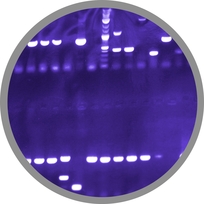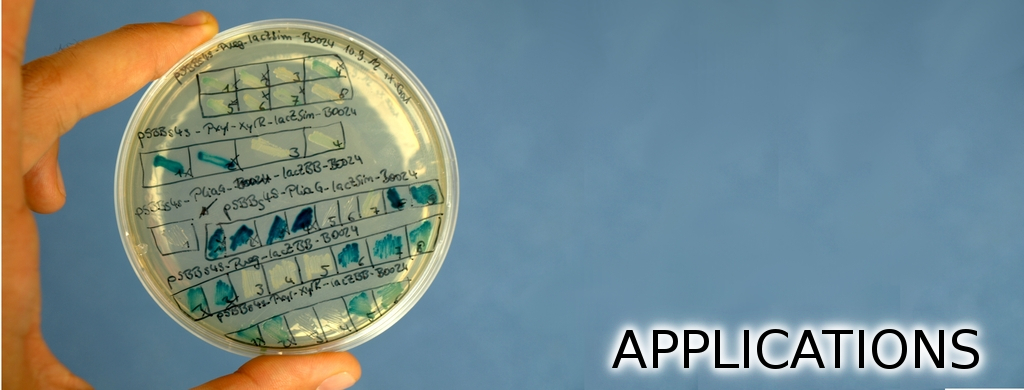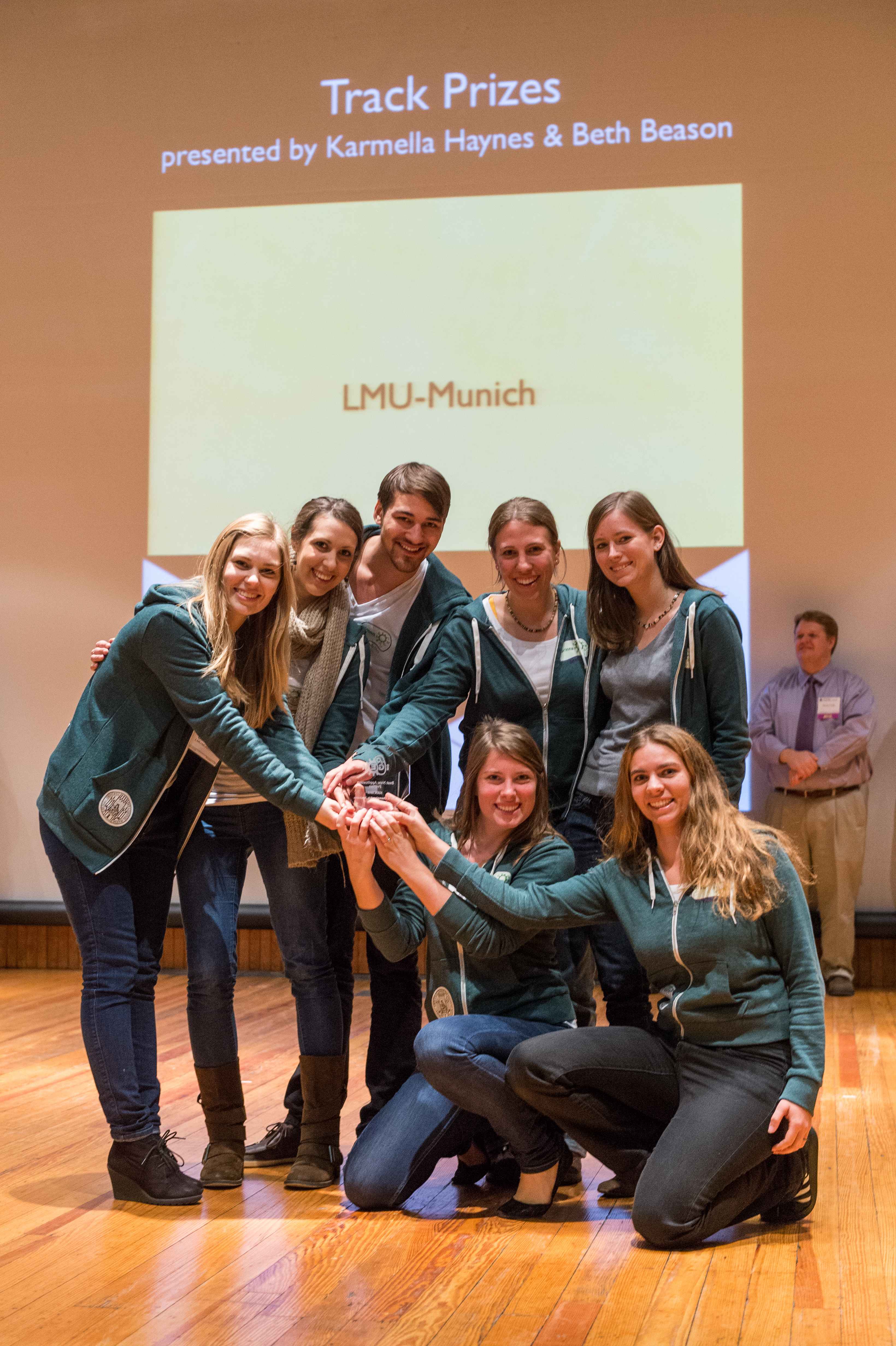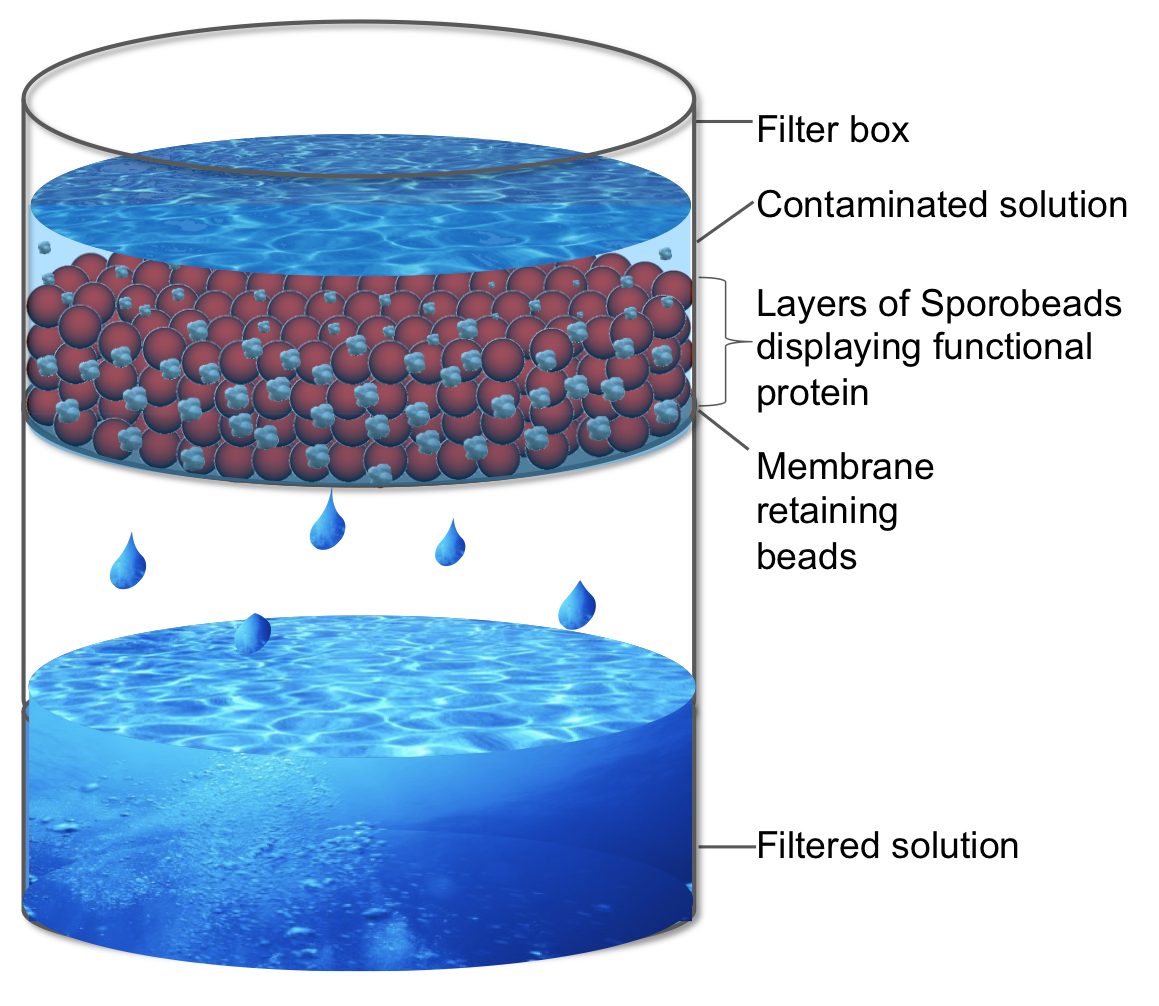Team:LMU-Munich/Application/Filtration
From 2012.igem.org
| Line 28: | Line 28: | ||
| - | <p align="justify">In huge filter systems CPX-'''Sporo'''beads could be put into place to mechanically filter microscopic plastic particles out of the water. Such specific filtration would be superior to blanket filtration systems, which also remove living phytoplankton important to ocean ecosystems. To prevent the beads from being released into the sea and to ensure the plastic be removed from the water, the '''Sporo'''beads could be attached to membranes in these filter systems. Then the '''Sporo'''beads would need to not only display CPX but also a membrane binding or spore binding protein on their surface.</p> | + | <p align="justify">In huge filter systems CPX-'''Sporo'''beads, which cannot germinate ([https://2012.igem.org/Team:LMU-Munich/Germination_Stop]'''Germination'''STOP), could be put into place to mechanically filter microscopic plastic particles out of the water. Such specific filtration would be superior to blanket filtration systems, which also remove living phytoplankton important to ocean ecosystems. To prevent the beads from being released into the sea and to ensure the plastic be removed from the water, the '''Sporo'''beads could be attached to membranes in these filter systems. Then the '''Sporo'''beads would need to not only display CPX but also a membrane binding or spore binding protein on their surface.</p> |
Revision as of 12:13, 26 October 2012

The LMU-Munich team is exuberantly happy about the great success at the World Championship Jamboree in Boston. Our project Beadzillus finished 4th and won the prize for the "Best Wiki" (with Slovenia) and "Best New Application Project".
[ more news ]


Filtration
Our Sporobeads can express proteins on their outer coats to bind specific molecular targets. Such targets include heavy metals, toxins, and plastic.
One example of such a filtering protein could be a CPX-Sporobead. [http://partsregistry.org/wiki/index.php/Part:BBa_I728500 CPX] is a peptide developed by the 2007 MIT iGEM team, which is extremely hydrophilic, and thus capable of binding microparticles of polystyrene from water. The excessive use of disposable plastic and the lack of universal recycling programs has led to the [http://www.ncbi.nlm.nih.gov/pubmed/22610295 pollution of the world's oceans]. In the ocean, large pieces of plastic litter are ground by sea currents and degraded by UV radiation into microscopic pieces, so called "plastic plankton," which is consumed by fish, filter feeders, and other marine organisms. Such plastic uptake can lead to poisoning, sterility and death.
|
In huge filter systems CPX-Sporobeads, which cannot germinate ([1]GerminationSTOP), could be put into place to mechanically filter microscopic plastic particles out of the water. Such specific filtration would be superior to blanket filtration systems, which also remove living phytoplankton important to ocean ecosystems. To prevent the beads from being released into the sea and to ensure the plastic be removed from the water, the Sporobeads could be attached to membranes in these filter systems. Then the Sporobeads would need to not only display CPX but also a membrane binding or spore binding protein on their surface.
 "
"




